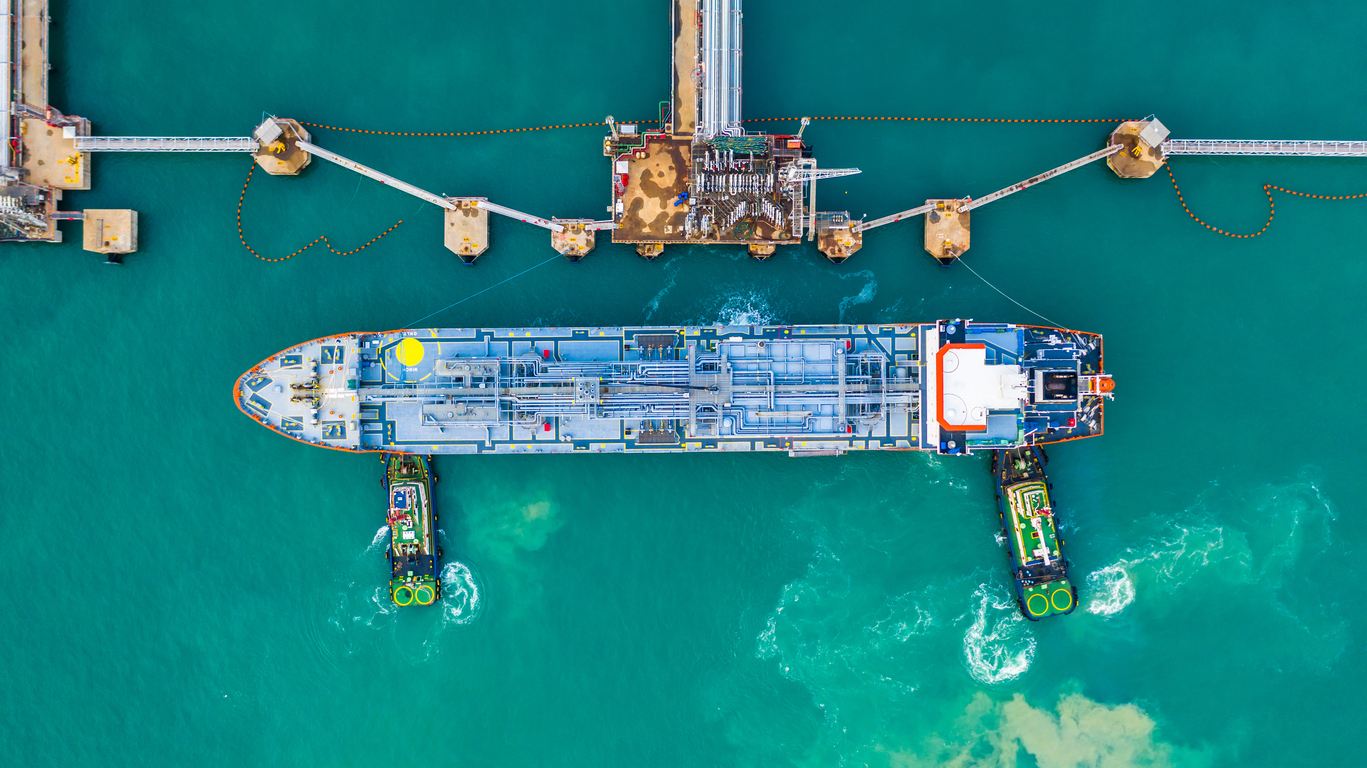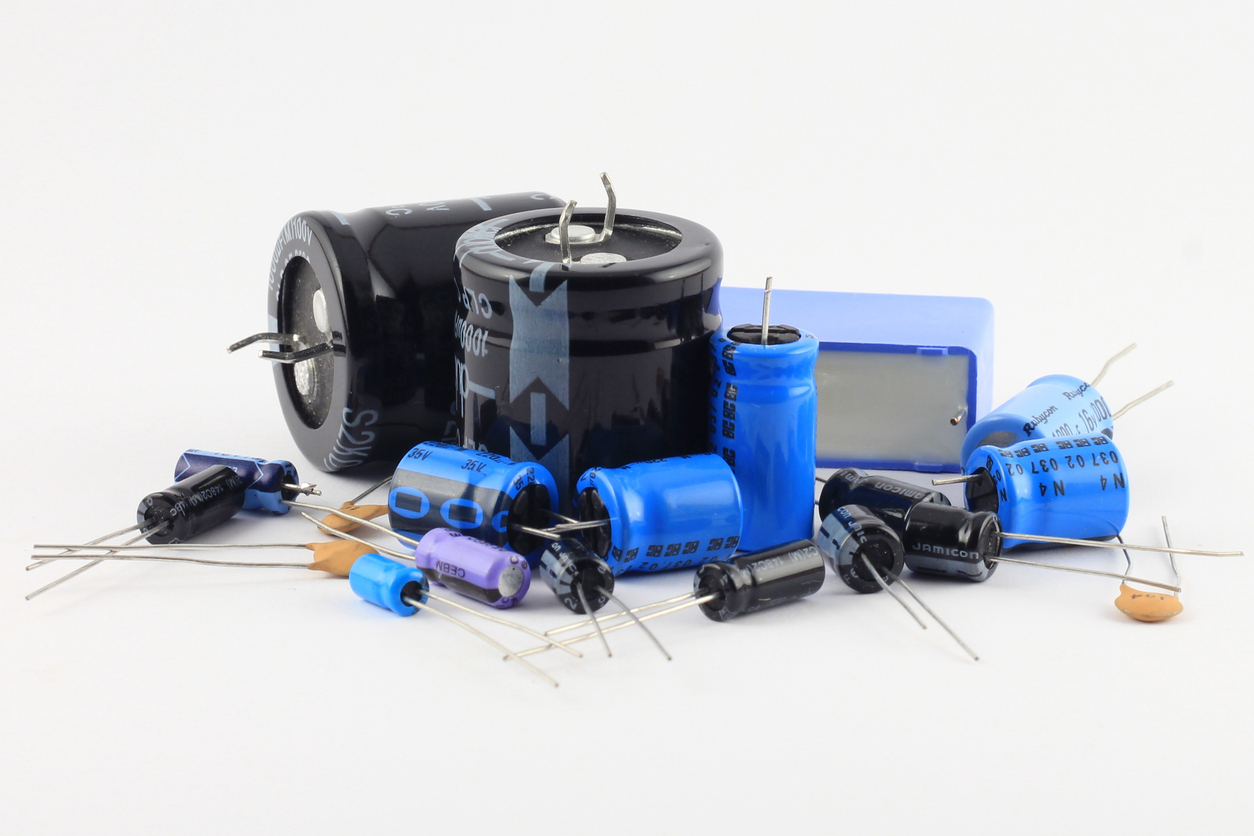Anti-Piracy Maritime Security in Nigeria: Protecting Vessels in the Gulf of Guinea
The Gulf of Guinea, a vital hub for international shipping and trade, has become one of the most piracy-prone regions in the world. Nigeria, as the largest economy bordering the Gulf, faces significant maritime security challenges due to frequent pirate attacks, armed robberies, and kidnappings at sea. These incidents threaten the safety of vessels, crew, and cargo, leading to the growing need for anti-piracy maritime security in Nigeria.
This guide will explore the importance of anti-piracy security in Nigerian waters, the nature of the threats in the region, and how businesses can protect their maritime operations with effective security strategies.
The Piracy Threat in the Gulf of Guinea
The Gulf of Guinea accounts for the majority of global pirate attacks, with Nigeria at the center of these activities. The region saw over 90% of global crew kidnappings in 2020, with criminals increasingly targeting cargo ships, tankers, and fishing vessels. Key aspects of the piracy threat include:
- Kidnapping for Ransom: Pirates in Nigerian waters often board vessels, capture crew members, and hold them for ransom. These incidents frequently result in lengthy and costly negotiations to secure the safe release of crew.
- Armed Robberies: Pirates frequently target vessels for armed robbery, stealing valuable cargo such as oil, fuel, and equipment. This has led to significant financial losses for shipping companies operating in the region.
- Violence Against Crew: Pirates in the Gulf of Guinea are often heavily armed, using violent tactics to intimidate crew members. This puts seafarers at risk of injury or even death during attacks.
- Disruption of Trade: Piracy in Nigerian waters leads to delays in the movement of goods, increased insurance costs, and higher shipping fees. This disrupts the regional economy and threatens global supply chains.
Why Anti-Piracy Maritime Security is Essential
Given the rise of piracy in Nigerian waters, investing in anti-piracy maritime security is critical for shipping companies and businesses operating in the Gulf of Guinea. Key reasons to prioritize security include:
- Crew Safety: The safety of crew members is the top priority for shipping companies. Anti-piracy security measures reduce the risk of kidnappings and violent attacks, ensuring the well-being of seafarers.
- Protection of Cargo: Valuable cargo, such as oil, fuel, and consumer goods, is often the target of pirates. Having robust anti-piracy security in place helps protect these assets and prevent financial losses.
- Reducing Operational Costs: Piracy-related incidents lead to increased insurance premiums, higher security costs, and potential ransom payments. By investing in preventive measures, businesses can reduce the long-term costs associated with piracy.
- Maintaining Business Continuity: Disruptions caused by piracy can delay deliveries and harm a company’s reputation. Anti-piracy measures help maintain smooth operations and build trust with clients and partners.
Anti-Piracy Measures in Nigerian Waters
To combat piracy in Nigerian waters, a combination of government-led efforts and private sector initiatives has been implemented. Below are some of the most effective anti-piracy measures used in Nigeria:
1. Nigerian Navy and Government Collaboration
The Nigerian government, in partnership with the Nigerian Navy, has increased its efforts to combat piracy in the Gulf of Guinea. Key initiatives include:
- Deep Blue Project: Launched in 2021, the Deep Blue Project is a comprehensive maritime security initiative aimed at curbing piracy and illegal activities in Nigerian waters. It includes the deployment of patrol boats, aircraft, and surveillance technology to monitor high-risk areas.
- Collaboration with International Forces: Nigeria works closely with international partners, including the International Maritime Organization (IMO), to coordinate efforts to improve security and share intelligence on piracy threats.
2. Private Maritime Security Providers
Private maritime security companies (PMSCs) play a vital role in protecting vessels transiting through high-risk areas in the Gulf of Guinea. These firms offer a range of services, including:
- On-Board Security Teams: Highly trained armed guards are placed on vessels to deter pirates and respond to potential attacks. These teams are equipped to handle incidents at sea, ensuring the safety of crew and cargo.
- Escort Vessels: Private security companies provide armed escort vessels that accompany ships through piracy-prone waters. These vessels are manned by security personnel and equipped with advanced surveillance technology to detect and neutralize threats.
- Surveillance and Intelligence Gathering: Monitoring suspicious activity and sharing intelligence is crucial for preventing pirate attacks. Many PMSCs offer surveillance services to track pirate movements and provide real-time updates to shipping companies.
3. Best Management Practices (BMP)
Shipping companies operating in the Gulf of Guinea are encouraged to follow Best Management Practices (BMP) guidelines to reduce the risk of pirate attacks. These practices include:
- Hardening the Ship: Vessels should be fortified with physical barriers such as razor wire, barricades, and locked doors to prevent unauthorized boarding.
- Evasive Maneuvers: Crews are trained to perform evasive maneuvers in case of an approaching pirate vessel. These tactics can disrupt pirate attempts to board the ship.
- Use of Citadels: Citadels are safe rooms on board where crew members can hide in the event of an attack. These rooms are equipped with communication tools to alert naval forces or private security providers for rescue operations.
4. Piracy Insurance
Many shipping companies opt for piracy insurance to mitigate the financial risks associated with pirate attacks. This insurance typically covers ransom payments, vessel damage, and the cost of retrieving kidnapped crew members. While insurance is not a preventive measure, it helps businesses manage the economic impact of piracy incidents.
Challenges in Anti-Piracy Operations in Nigeria
Despite increased efforts to combat piracy, several challenges remain in securing Nigerian waters:
- Geographical Complexity: The Gulf of Guinea has a vast coastline with many creeks and rivers that are difficult to patrol. Pirates often use speedboats to launch surprise attacks from these remote areas, making it challenging for security forces to respond quickly.
- Legal Restrictions on Armed Guards: Nigeria has strict regulations on the use of private armed guards within its territorial waters. International laws allow the use of private armed guards in international waters, but vessels entering Nigerian waters must comply with local laws, often requiring government-authorized personnel.
- Coordination Between Stakeholders: Effective anti-piracy operations require seamless coordination between private security providers, shipping companies, and government authorities. Communication gaps can hinder timely responses to piracy threats.
- Rising Costs: Providing anti-piracy security comes at a high cost, including the expense of hiring security personnel, obtaining necessary permits, and paying for surveillance equipment. However, the financial losses from piracy incidents can far exceed these costs.
How Wigmore Trading Can Help Ensure Safe Shipping in Nigeria
Wigmore Trading, with its extensive experience in shipping and logistics, understands the security challenges facing vessels operating in the Gulf of Guinea. As a trusted partner for businesses involved in international trade, Wigmore Trading offers solutions to help ensure safe passage through Nigerian waters, including:
- Risk Mitigation Strategies: We collaborate with certified maritime security providers to offer reliable protection for vessels and crew.
- Safe Shipping Routes: Wigmore Trading helps businesses identify safer shipping routes and avoid high-risk areas where pirate attacks are more likely.
- Logistics Coordination: We provide expert guidance on navigating the complex regulatory environment in Nigeria, ensuring compliance with local laws while securing necessary permits for armed security.
- Reliable Delivery: Our network of trusted partners ensures timely and secure delivery of goods, minimizing the risk of disruption caused by piracy.
Conclusion
The growing threat of piracy in Nigerian waters makes anti-piracy maritime security a crucial consideration for businesses involved in shipping through the Gulf of Guinea. By employing a combination of government-led initiatives, private security providers, and best management practices, companies can protect their vessels, crew, and cargo from pirate attacks. Wigmore Trading offers the expertise and support necessary to ensure safe and successful maritime operations in this high-risk region.








Comments are closed.